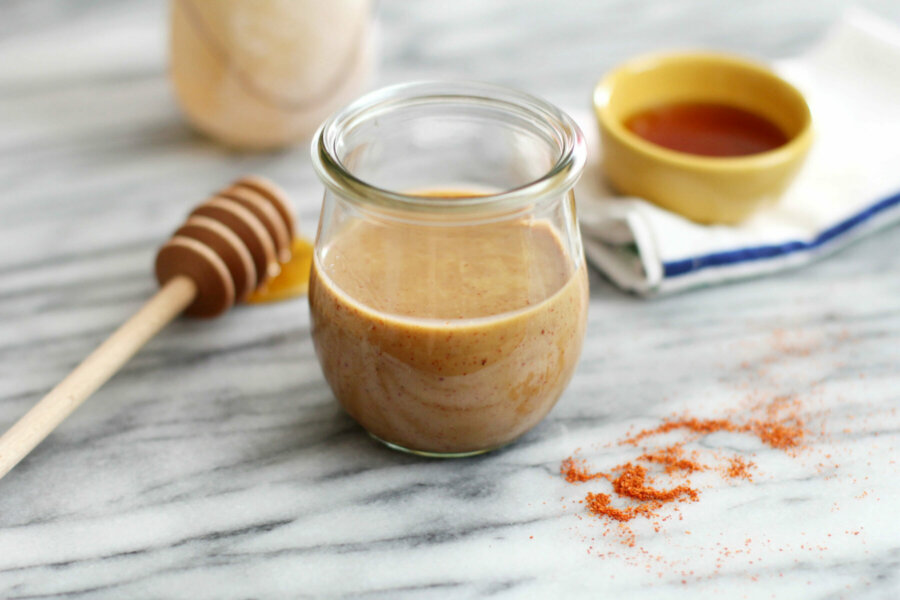
Thyme, also known as Thymus vulgaris, is an incredibly potent herb affecting multiple systems in the body and capable of treating dozens of diseases. It contains one of the strongest antioxidants known and the benefits of its essential oil have been recognized for thousands of years in Mediterranean countries. This substance is also a common agent in Ayurverdic practice.
Thyme was used during the embalming process in Ancient Egypt and as incense for temples in Ancient Greece. Hippocrates, “the father of medicine,” noted that thyme is an amazing culinary herb that can be grown in gardens and gathered in countrysides. In one of his documents, he mentioned the therapeutic uses of thyme in treating respiratory diseases and conditions.
The medicinal properties of thyme come mainly from its essential oils which are extracted through steam distillation of fresh flowers and leaves. Among others it is considered to be antiseptic, antirheumatic, antispasmodic, anti-hypertensive, antibacterial, antidepressant, immunity boosting, stimulant, tonic for body and mind. In a few words, it is a truly precious herb with unique properties.
Thyme’s sweetest version in nature, is thyme honey. However, not all jars claiming to contain thyme honey are the same. Did you know that a honey containing as much as 18 18% thyme pollen grains can be named Thyme honey? But do you think that a honey with such a low content of thyme pollen grains can really offer you all the health benefits of thyme? It would be like drinking an orange juice containing only 18% of orange!
Therefore, in order to enjoy the health benefits described above, don’t accept anything less than 60 or better yet 80% thyme pollen grains in your honey. To find it, you may browse through the beeology section in our e-shop.
FoodsCross is the brainchild of a small group of Greek friends who share the restless spirit of true pioneers and appreciate food as a need and a pleasure for body and soul. The people of FoodsCross invested in their very own curiosity and unwavering interest for real, tasty and healthy food.
OUR NUTRITIONIST LOVES QUESTIONS!
BECOME COMPANIONS ON THE FOODSCROSS JOURNEY AND STAY INFORMED ABOUT EVERYTHING CONCERNING THE CULTURE OF FOOD AND ITS WONDERS
CONTACT
FOODSCROSS NATURAL PRODUCTS
60th G. Marinou str.,
16777, Athens, Greece
T/F: +30 210 9600315
E: info@foodscross.com
FOODSCROSS
NATURAL PRODUCTS